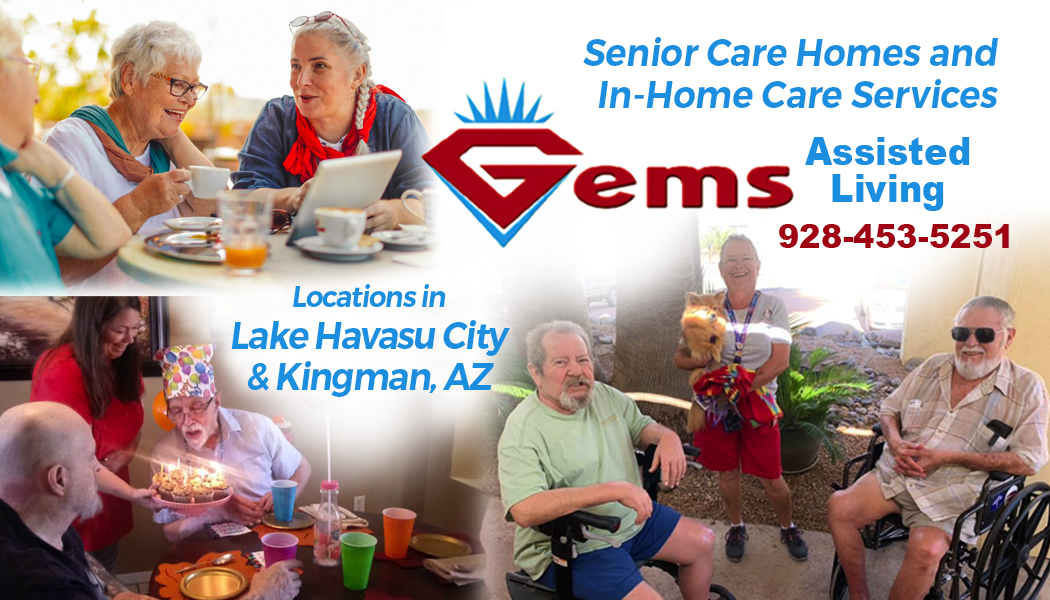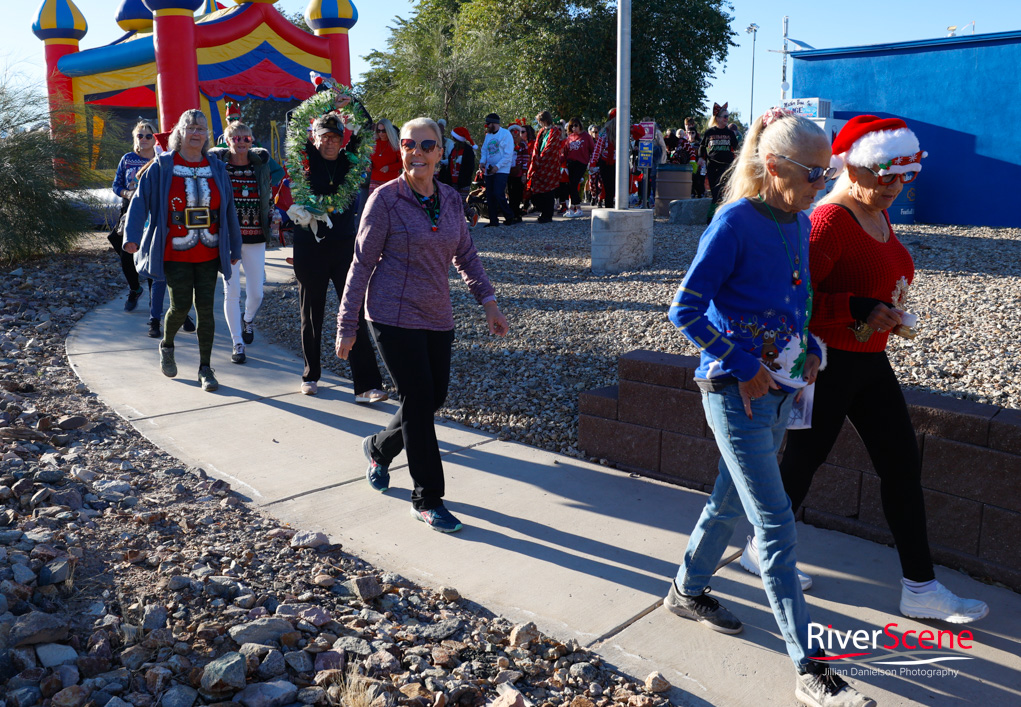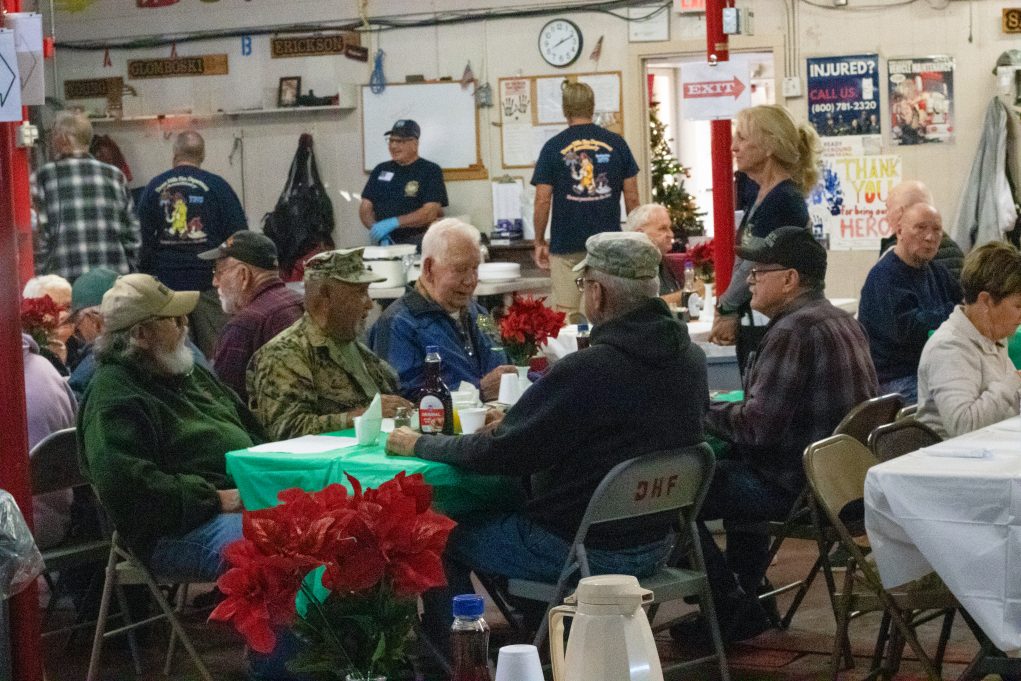The CASA Council of Mohave County, an Arizona 501(c)3 nonprofit organization, operates on the belief that foster children need and deserve what all children require: Opportunity. It is one of 15 CASA programs administered by CASA of Arizona.
Advocating for abused and neglected children in Arizona for more than 25 years and serving more than 13,500 children, CASA of Arizona is part of a nationwide movement of community volunteers and an affiliate member of the National CASA Association. Holding a mission to enhance the lives and self-esteem of Mohave County foster children through advocacy and fulfillment of their unmet needs, 15 county programs are administered by the CASA of Arizona office. CASA is a program of the Dependent Children’s Services Division of the Arizona Supreme Court Administrative Office of the Courts. These Court Appointed Special Advocates are everyday people appointed by a judge to speak up for abused and neglected children in court.
The primary responsibilities of a CASA volunteer are gathering information, document findings, recommendation of services, monitoring of case plans and court orders and informing the courts, while seeking cooperative solutions among individuals and organizations involved in children’s lives. CASA members work personally with families and children, helping the children to understand the proceedings and speaking in their best interest. CASA volunteers receive support and counsel each step of the way, with a volunteer coordinator assigned to assist and provide volunteers with opportunities for continuing education.
Striving to ensure that society is fulfilling its most fundamental obligation to children in need, CASA trains and supports qualified, compassionate adults willing to fight for and protect a child’s right to be safe, to be treated with dignity and respect, and to learn and grow in the security of a loving family. Though no prior formal education is required by CASA to participate, all volunteers are required to complete a 30-hour pre-service training, with all active volunteers required to complete a minimum of 12 hours of continuing education each calendar year. In-service training may include taking online courses, reading books, listening to podcasts, attending events or completing activities independently.
Becoming a CASA volunteer is an investment of time, energy and heart, with all advocates asked to dedicate themselves to a case until it has closed. The average case lasts about a year and a half, with CASA advocates donating approximately 10 to 15 hours monthly per case. A case is closed when the child becomes placed in a permanent home or becomes a legal adult. The CASA case handler is often the only adult constant in the child’s life throughout the handling of their case.
All prospective volunteers are encouraged to contact and register with their local regional association. CASA of Mohave County is located at 2001 College Dr., Ste. #148, Lake Havasu City, AZ 86403 and can be contacted directly at 928-453-0705, Ext. 3730.
More information on CASA of Mohave County can be found at http://www.casasupport.org/home.html




















I find it really annoying when children in state care are reffered to as children who were neglected and abused. The fact is most of these children wern’t neglected or abused. They are taken to profit the child protection agencies and keep them in business.
Surely people can’t believe that 43,000 children who are in fostercare in Australia were been neglected and abused by their families, and the numbers are much higher in America and the UK.
I mean as a human race, have so many people somehow lost their way when it comes to peranting and looking after their young. I don’t think so.
If the government is going to let child protection agencies class poverty as a form of child neglect, and alow them to then take custody of poor peoples children. That is outright discrimination and a violation of human rights.
God allowes rich and poor people to have children, it is a human right. Why does the government get to decide who can bring up their children and who can’t.
The government allows child protection to take poor peoples children away from them and then to add insult to injury they say that all these children were neglected and abused when they were actually loved and cared for just like rich peoples children are. A poor person may not be able to provide as much for their children but been poor is not a crime.
Yes there is a small number of children in this world that are been harmed by their families and who do need protection from the state, but not the 100’s of 1,000’s the government would have us believe